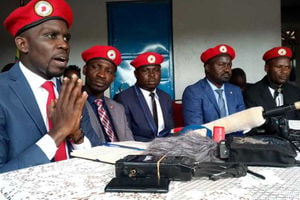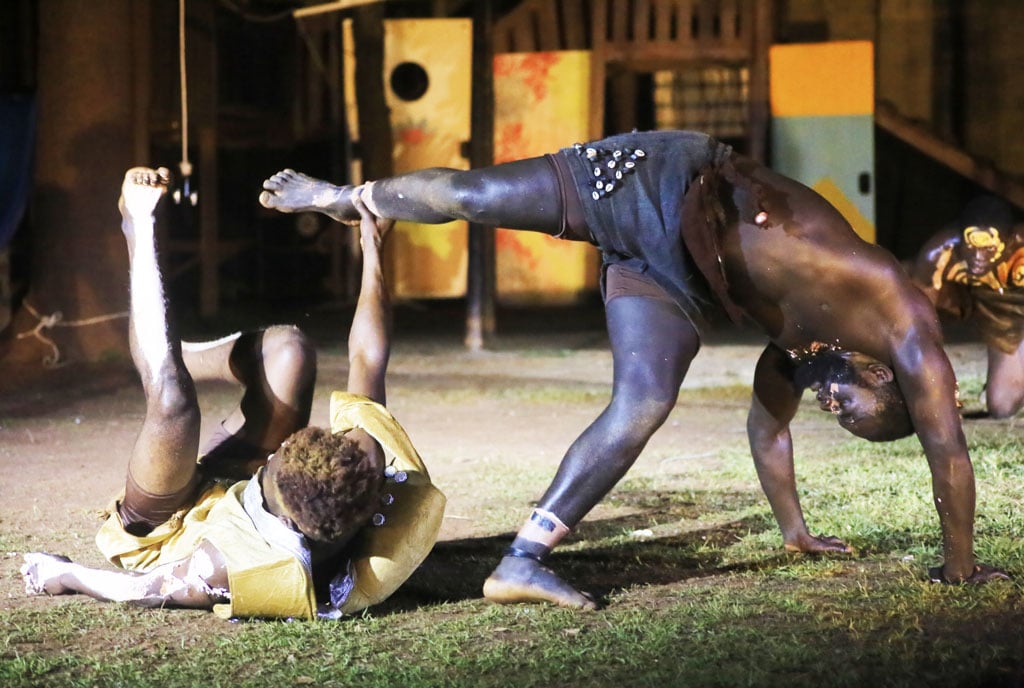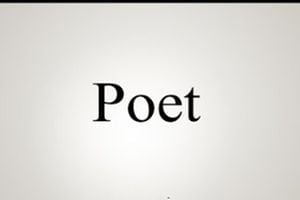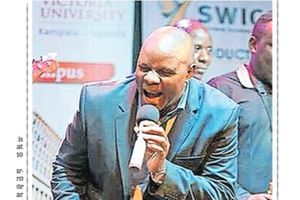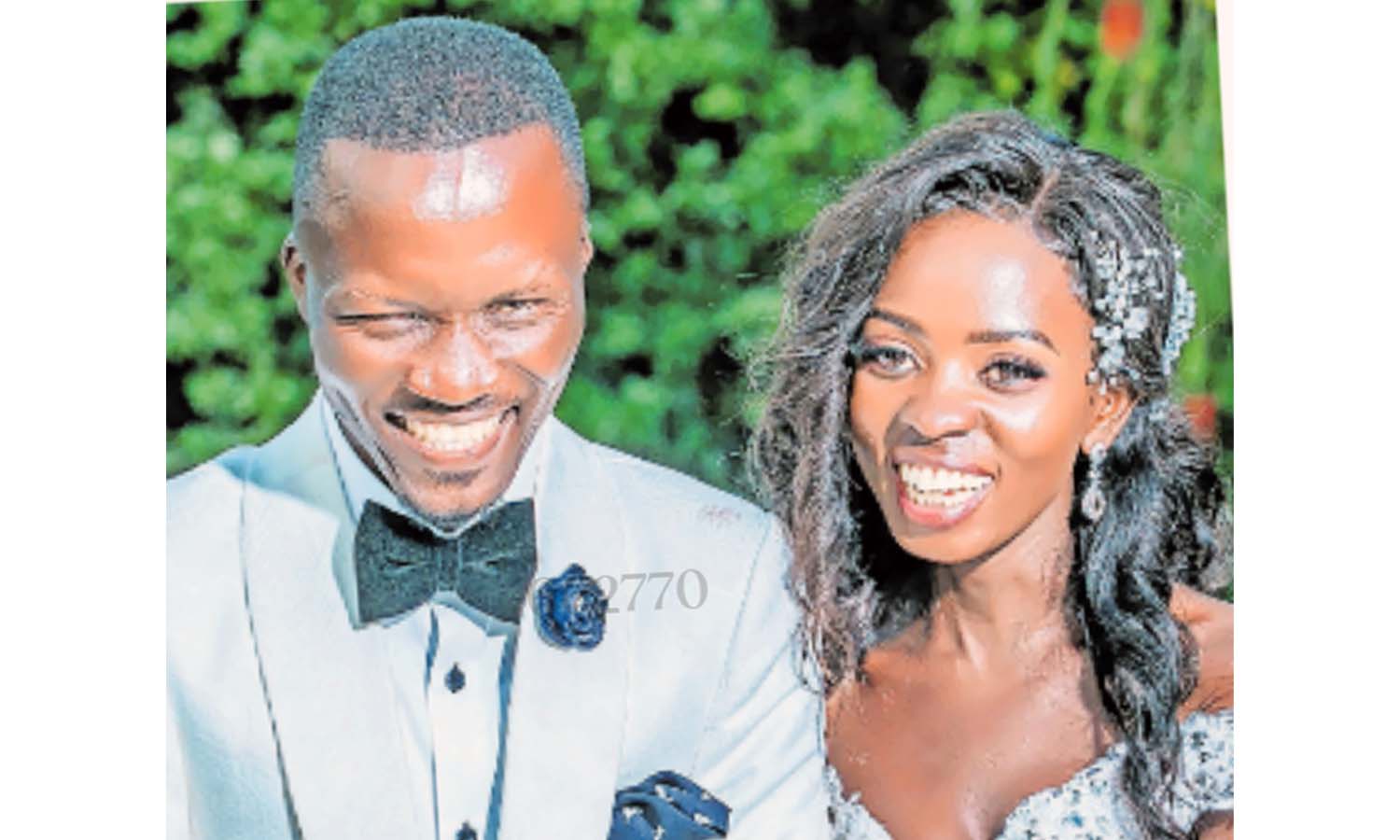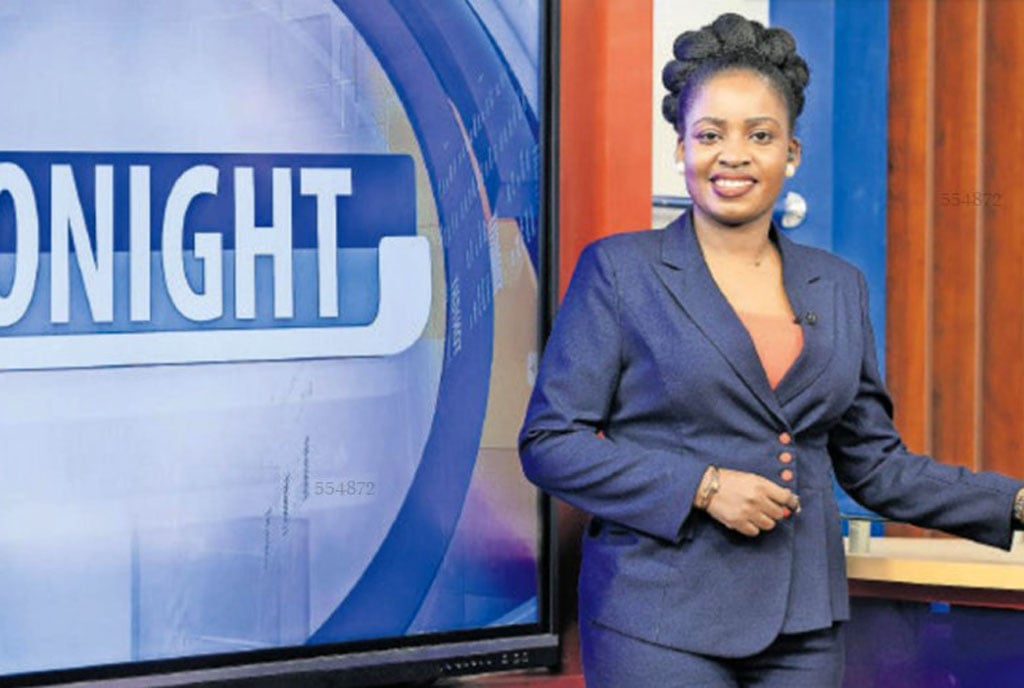
On October 14, NTV unveiled a new news anchor. Betty Mudondo made her NTV Tonight debut.
Considering her arrival had been teased in newspapers and on TV, there was anticipation from viewers, something that has been a constant every time the TV is introducing a new face.
But Mudondo’s recruitment was somewhat unusual; for instance, as we settle into this interview in the NTV boardroom, she notes that she remembers doing five interviews in the room. See, initially she applied for a job as an assistant news producer, but in the process, a news anchor position became vacant.
In other words, she applied for a job while she was still being considered for another job within the same company.
Mudondo is a multimedia journalist and a voiceover artist; over the years, she has voiced documentary films and mini documentaries, and currently, she still voices stories at NTV, especially when she is not active in the field.
“I used to work at Vision Group, where, among other things, I was a news anchor on both radio and TV, as well as doing other things across the platforms such as radio, website, and TV,” she says.
But early this year, Urban TV was closed; she continued working with the digital and radio departments.
“I joined Vision Group as a radio producer in 2016. I loved what I was doing, but then in 2019, they restructured, and people lost jobs. I did not really lose my jobs, but I was put on hold somehow. When I returned, I told myself that I needed to learn other things around digital, TV, and radio and that in case another restructuring happened, my presence would be needed in at least another area. When Urban TV closed, it did not hit me as much,” she says.
Joining NTV
When she applied at NTV, she was determined to be in the background, seeking the assistant producer vacancy. Production, she says, intrigues her, especially the fact that a lot goes on yet the public never knows about it. But somehow she ended up auditioning for news, and here we are.
However, she loves the part of her life that is storytelling, saying she is drawn to health stories more than any other beat.
“To be specific, children’s health. Children have been covered, but a lot has not been paid attention to. Take a look at sickle cells; people are still not heeding the call to get tested and still go ahead to have children who end up suffering, “she says.
Mudondo, however, says she never intended to do stories mainly about children’s health; it was something she found herself inclined to the most.
Her type of stories are feature stories, mainly because news moves so fast that sometimes, while editing, a lot stays on the floor as stories are fit in the tight three or less minutes.
“A feature allows you to go deeper with the conversations; there is more ground to cover,” she says.
Journalism is, however, a demanding calling, both physically and emotionally. After a number of stories, many journalists are emotionally exhausted but at times just carry on without addressing the issue.
“I have done emotionally draining stories, but the one thing that I find satisfying in such situations is that a story is going to change or save another child and family. The satisfaction of knowing the voice is out there, that this meaningful conversation has told someone’s story,” she says.
Mudondo says journalism is what she has wanted to do for a long time and that her stories are more than just a story.
“I always wanted to be a journalist, although my dad thought I should be a lawyer. When I told him I wanted to be a lawyer, he said journalism is for people who want to show off, but today he is happy with the direction I took,” she says, adding that her work is more than delivering news but connecting with the audience.
Mudondo started her professional journey in 2016 when she joined Vision Group. However, she says even as a student, she was practicing and thus counts 10 years in the profession. But even before that, as a child, she says she was always part of the news, either as a perfect or a contestant.
“I won a reading award when I was in Primary Two,” she says, wondering why schools no longer have reading awards.
News of the world
Anchoring news is a public profession admired and scrutinised in equal measures. Sometimes, everyone has an opinion on the wig, dress colour, and make-up. It becomes worse if one gets a name or word wrong.
“There are many people behind the news. All these people count on you the anchor, the face of everything that has been gathered and edited through the day to make them look good. One mistake can mess up the entire bulletin; thus, it is important to listen and it is important to prepare,” she says.
Mudondo tells a story about an evening at her former workplace where, while delivering news with a co-anchor, the main camera mistakenly came back to her instead of the colleague meant to read the next item.
“Luckily, I had prepared my tablet for the next story, just to follow. When I noticed the camera was on me, I just picked the story up and continued. That taught me that when it is news time, you always have to be alert. There is importance in listening; I have to listen to avoid messing things up.”
But again, she has also learnt the hard way that people are sensitive about their names. In fact, for names and difficult words, she usually writes them the way they are pronounced.
“I do not care if the spelling is wrong, because no one will see the wrong spelling you wrote, but everyone will hear the wrong word and name,” she says.
She has definitely had a fair share of mistakes on screen; she remembers the time she got a name wrong because she thought it sounded similar to another name.
“The name was Ndisaba. I had known another name, Ndibasa, and heard it in Eddy Kenzo’s song Mbilo Mbilo, I assumed the name was the same. I said it a number of times, and during the break, the lady called and demanded an apology,” she says.
“That apology changed my life. Coming back from the break to apologise for getting someone’s name wrong did not leave me the same.”
Regardless, however, even with everything people have said about journalism, Mudondo still holds the profession in high regard; she says her purpose is to get out there and inform the masses.
“When I enter the studio, the world stops. I am a voice that brings stories to life, adding extra life, giving stories a tone, speaking out, and bringing justice to people. I look at a story from the perspective of the audience; I handle each story differently, so it is one story at a time,” she says.
She believes there is a lot that the media can still achieve and offer the public.
“I believe in the power of journalism to transform. It is a power and privilege I cannot trade for anything.”
